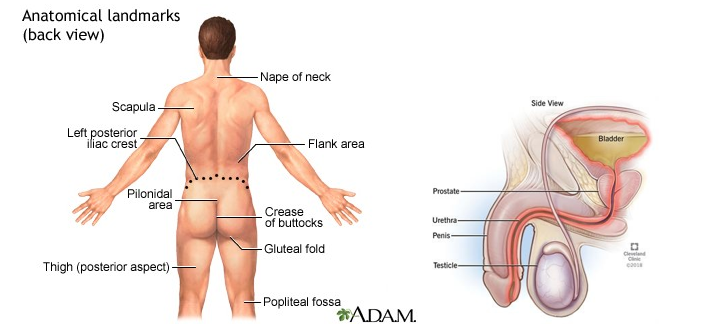When advising a new mother on caring for a child with croup, which symptom should be a priority concern for the telephone triage nurse?
Fever of 101.0°F (38.3°C)
Cries often when nursing
Difficulty swallowing secretions.
Barking cough, worse at night
The Correct Answer is C
When advising a new mother on caring for a child with croup, the telephone triage nurse should prioritize concern for difficulty swallowing secretions. This symptom can indicate that the child's airway is becoming obstructed and requires immediate medical attention. A fever of 101.0°F (38.3°C) is a common symptom of croup and can be managed at home with antipyretics. Crying often when nursing is not a specific symptom of croup and may have other causes. A barking cough, worse at night, is a characteristic symptom of croup and can be managed at home with humidified air and hydration.

Nursing Test Bank
Naxlex Comprehensive Predictor Exams
Related Questions
Correct Answer is C
Explanation
To determine a possible urinary tract infection in a preschool-aged child who presents with flank pain, dysuria, and low-grade fever, the nurse should gather additional information from the parent about new onset bedwetting. New onset bedwetting can be a sign of a urinary tract infection in children. The other options (A, B, and D) are not directly related to determining a possible urinary tract infection in this situation.

Correct Answer is B
Explanation
The nurse should give the mother positive feedback about the way she administered the medication. Giving the infant orange juice after administering the iron drops is a good practice because vitamin C in the orange juice can enhance the absorption of iron. The other options (A, C, and D) are not appropriate actions for the nurse to take in this situation.

Whether you are a student looking to ace your exams or a practicing nurse seeking to enhance your expertise , our nursing education contents will empower you with the confidence and competence to make a difference in the lives of patients and become a respected leader in the healthcare field.
Visit Naxlex, invest in your future and unlock endless possibilities with our unparalleled nursing education contents today
Report Wrong Answer on the Current Question
Do you disagree with the answer? If yes, what is your expected answer? Explain.
Kindly be descriptive with the issue you are facing.
